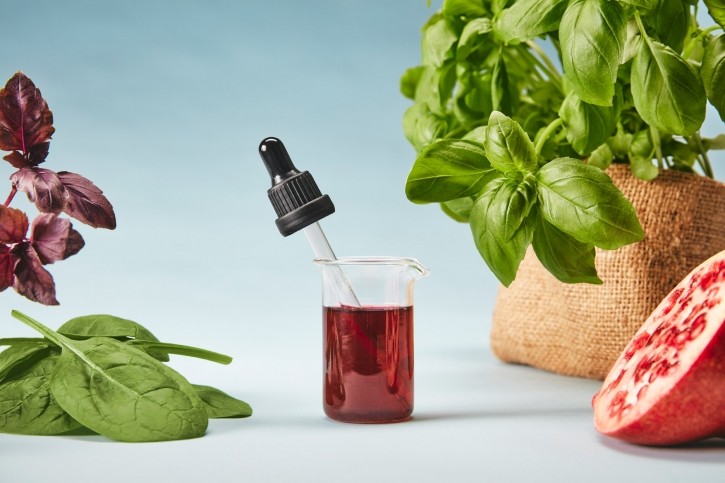Professor set to revolutionize the market with side-effect free, bioavailable iron

After successfully completing its first funding round, raising $1 million, the Sweden-based startup Ironic Biotech will now look to conduct in vivo trials, expand production capacity and build commercial partnerships.
Peruvian founder and CEO Nélida Leiva Eriksson, who is a professor at the University of Lund, Sweden, claims the new organic source of iron has a biological availability of 90%, unlike standard inorganic sources which tend to have approximately 10% bioavailability.
Unabsorbed iron is left to run through the body causing oxidative reactions that provoke the common side effects of stomach pain, constipation and nausea.
Eriksson’s team has utilized precision fermentation of iron-containing plants to isolate organic biomolecules of iron and encourage their growth, with
preliminary cell studies indicating this source produces no oxidation damage.
Creation from crisis
Eriksson explains this discovery was born from a personal desperation to find a product that worked for her and many other women in her shoes.
"I had been tired for as long as I could remember," she said. "But it was when I was commuting between England and Sweden, doing my post-doc in England and seeing my family in Sweden that I found I was regularly getting ill with bacterial infections, colds, and ulcers, so I went to the doctor and got some routine blood tests.
"When the doctor saw the results, she didn’t know how I was standing in front of her. She said my hemoglobin level was three [grams per deciliter]. She had me rushed to the hospital for blood transfusion, and I stayed there for the next three days receiving maybe eight units of blood."
Anemia is diagnosed when a blood test shows a hemoglobin value of less than 12.0 gm/dl in a woman. One unit of transfused blood contains about 200-250 mg of iron.
"After that, I had to take regular iron supplements to try to keep my levels up but slowly they dropped because I still had heavy periods, and I was struggling with all the side effects of iron—constipation, stomach pains," Eriksson said. "Eventually, the doctor recommended I go on the contraceptive pill to reduce bleeding but of course this has many side effects too!"
Frustrated by the lack of solution, the biology expert started revisiting some of the plant sources of iron she had previously studied as she knew iron was a component of many proteins that have crucial roles in plant growth and development.
"Plants contain the same iron proteins as animals but in smaller amounts, as the function of the iron is completely different in the plant," she explained. "So I needed to work out which proteins from which plants could be delivered to a human and then work out how to create large amounts outside the plant."
Using precision fermentation she did just this, creating a red colored liquid that can be processed into a powder, frozen or granulated.
Misnomer marketing
After recently completing the $1 million funding round led by Nordic Foodtech VC, the next step is to research and verify the ingredient, increase production and partner with food and supplement companies to bring it to market
Eriksson is aware the huge difference in bioavailability of this new source could create difficulties in terms of recommended daily intake (RDI) labelling.
"The WHO RDI for iron is 20 mg per day, but that's based on the fact you will only absorb a small amount of that 20 mg," she said. "So product labels with our iron would technically need to state '5 % of recommended RDI', which will be misleading to the consumer so that will be a challenge we need to overcome with the manufacturers and marketers."





